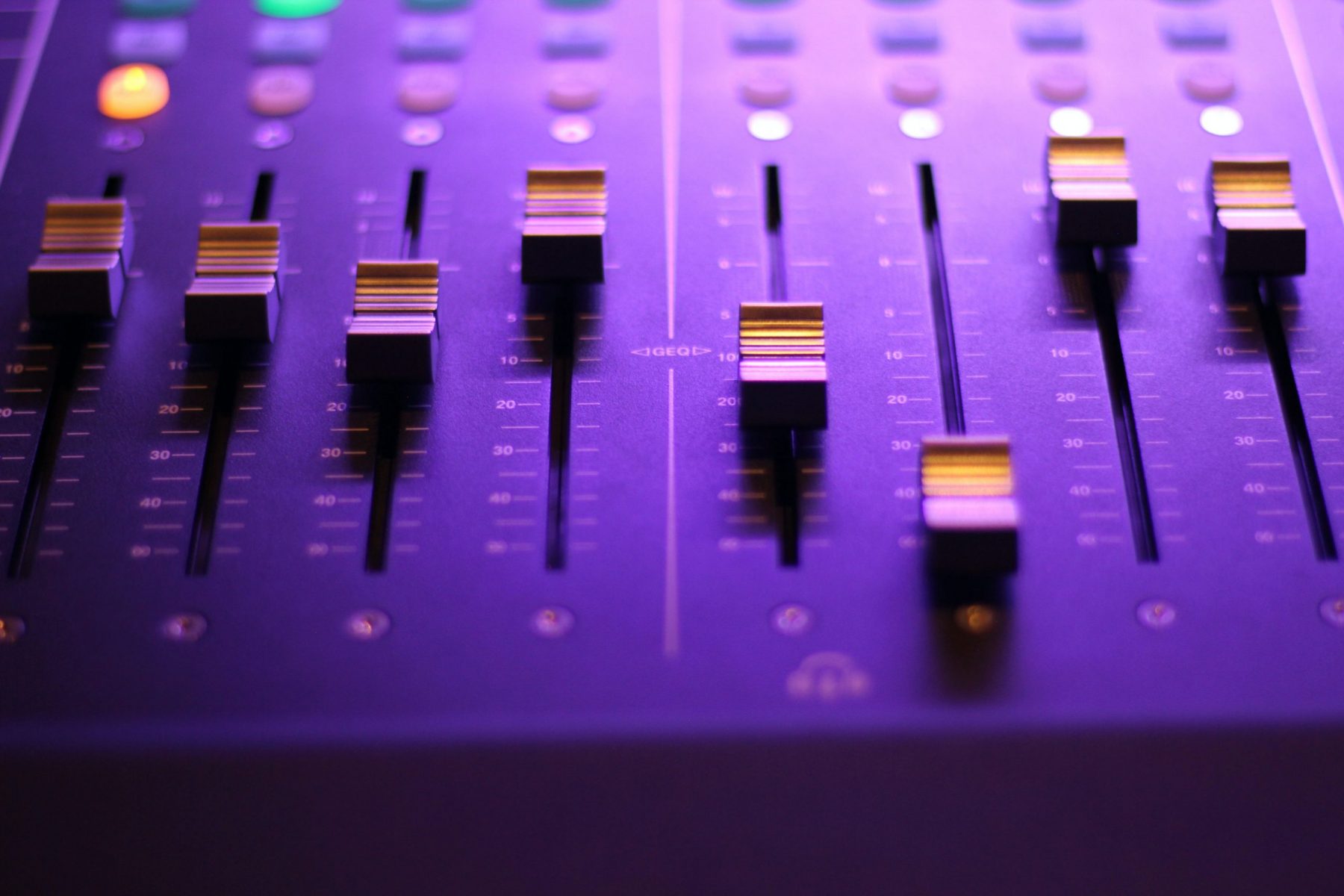The past month has taken a toll on many industries, and the music business is no different. As the coronavirus continues to spread at a rapid pace, the future of the upcoming festival season is looking grim. With one of the biggest festivals of the season, Coachella, already being delayed, music lovers are facing the harsh reality that the music scene is going to be changing drastically. But just how bad is it getting for the music industry? While a few canceled shows and delayed album releases may not seem like a lot, they’re really taking a toll on the industry and the artists with it.
The most noticeable impact on the music industry is the cancelation or delays of all major festivals and concerts. Large crowds are a hotspot for the coronavirus and put people at a much higher risk for getting infected. This has led to many countries putting bans and limitations on public gatherings. Live Nation and AEG, North America’s largest concert promoters, suspended most of their shows following the breakout of the virus and most smaller promoters have followed in their footsteps.
According to Andy Gensler, executive editor of Pollstar, a research publication that covers the concert industry closely, the last decade has been the “golden age” for the music industry and it is now coming to an end as the virus puts things at a standstill. In a report released by Pollstar, “..if the rest of the year is dark – which is a worst-case scenario and certainly not expected – the potential $12.2 billion yearly estimate minus the grosses from all the shows completed before cancellations and postponements places potential losses for the remainder of the year right at $8.9 billion.” This means that the industry could go down by $9 billion dollars if the situation continues the way it is right now.
Even if the concert industry starts picking back up again by late May, the industry would still see a $2.3 billion loss. Even after quarantine continued all through April, the possibility of shows coming back in May is looking extremely unlikely. It is more likely that the industry could pick back up toward the end of summer, around late August. Festivals such as Stagecoach and Coachella postponed their events to October rather than just canceling them, but even this is going to have a negative impact. If business picks back up in late August, there is still a projected $5.2 billion in losses.
What does this mean? Live events are the backbone of the music industry; they are what draw in the most money. In 2019, 12 tours grossed more than $100 million. These losses are going to be devastating to the music industry and it is going to be hard to make a full recovery.
Album releases look to be heavily affected too. Some thought there would be more album releases now that there is a nationwide lockdown; it made sense that more people would be on streaming platforms, making it easier for artists to get their streams up. However, it is the opposite.
Timing and promotion are the two most important factors when it comes to an album release. Building up hype for an album gets fans excited for their favorite artist’s new music, and moreover, it’s important to make fans aware of a new release in the first place. If four artists release an album on the same day, fans can get overwhelmed by the amount of content being released at once, which can lead to a decrease in streams the day of the release. Artists essentially have to fight for attention from the press and fans.
Promotions are also extremely limited now. Artists cannot make any in-person appearances due to the virus so it limits promotions to digital platforms. For some big-name artists, this could be enough, but for smaller artists, making physical appearances can make or break their album release. Artists with older fan bases are also heavily impacted by this.
Younger fans who are more technologically-inclined can keep up with their favorite artists through social media and digital promotion. However, artists whose fans are older tend to get more of their news on album releases through TV and radio promotions, which is currently harder to do. Because of the timing and promotional difficulties, a lot of major record labels are recommending their artists delay their releases.
This does vary depending on the music genre. Right now, it is predicted that the rock is going to be the most impacted because its artists rely on live performances and appearances to keep their music circulating. Pop, on the other hand, is a good medium where there are a lot of artists who rely on traditional promotion strategies to stay afloat, but there still are a large number of artists who can get by just with digital promotions. Hip-hop and rap rely heavily on streams, meaning this genre is most likely going to thrive during this time.
Artists with a large following will easily be able to stay afloat, but smaller artists are going to receive the worst of this situation. The best way for fans to help out smaller artists is to purchase their music and support them on social media. The future of the music industry is unknown and it really is a week-by-week case. The situation can change at any moment, but for now the industry itself is on pause and when it’ll make a full return is up in the air.
















